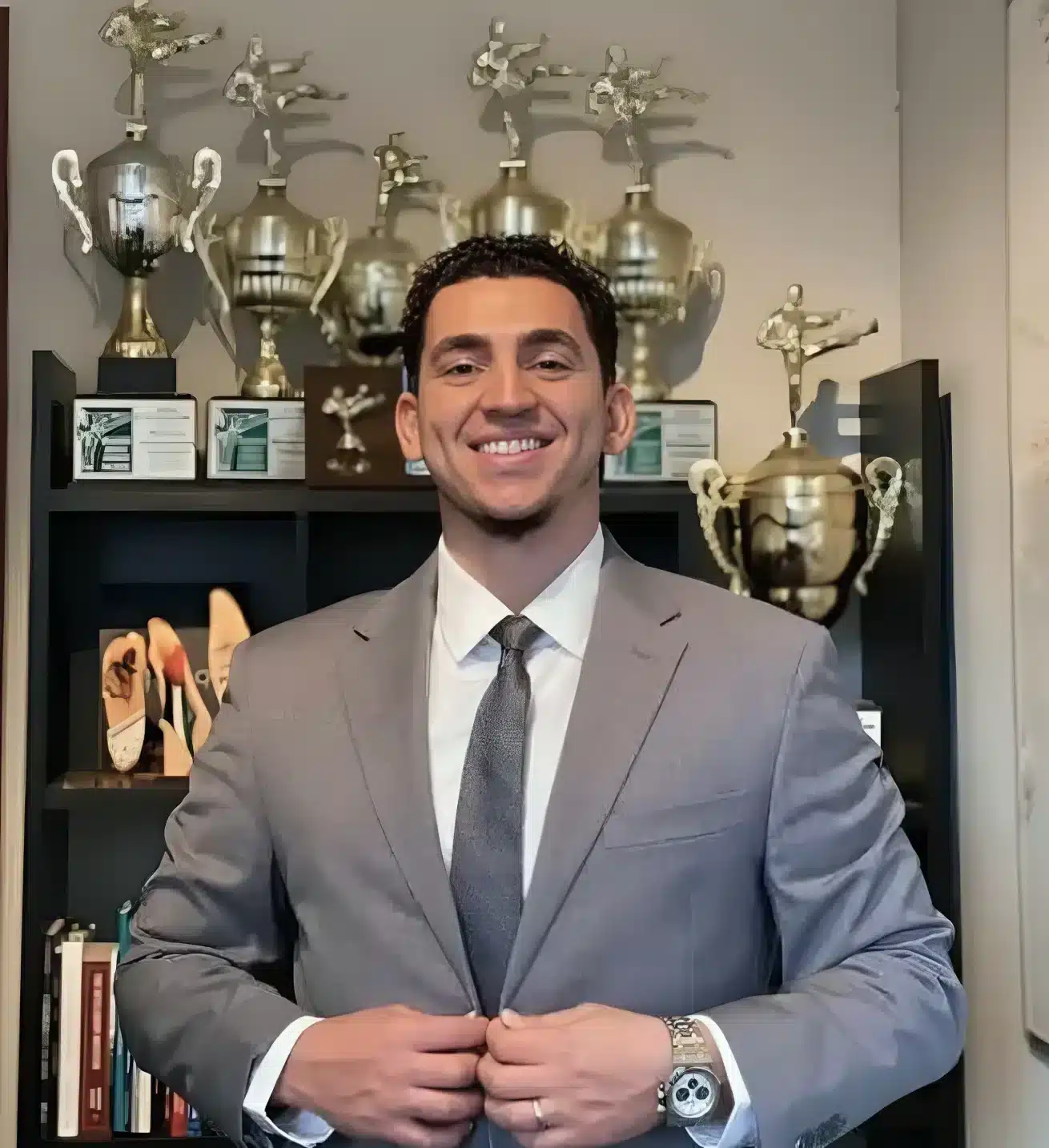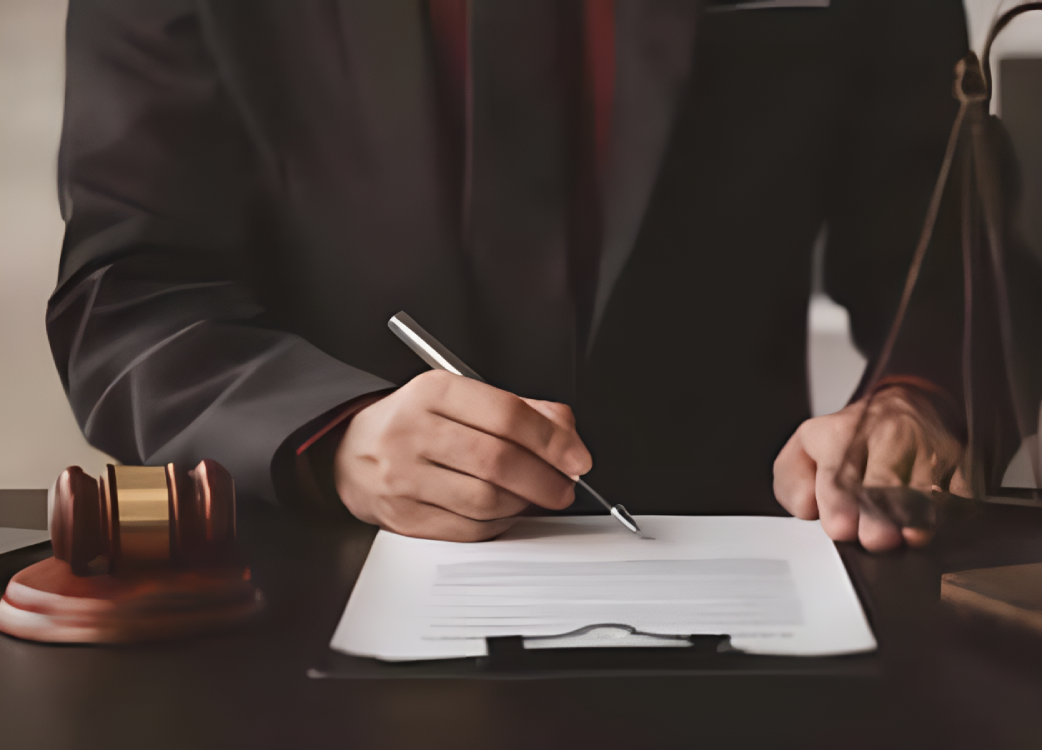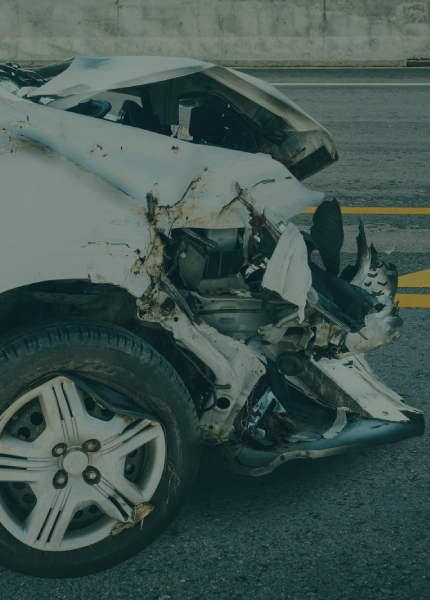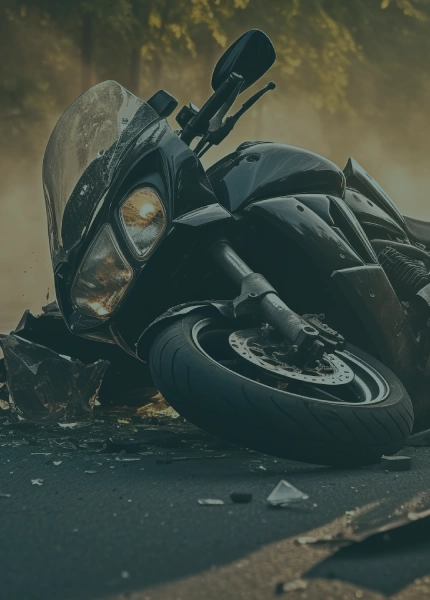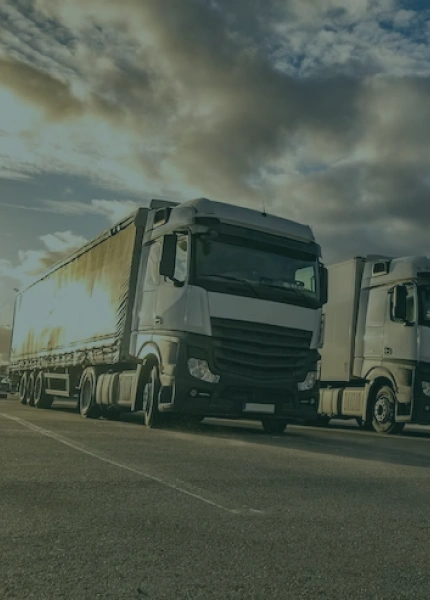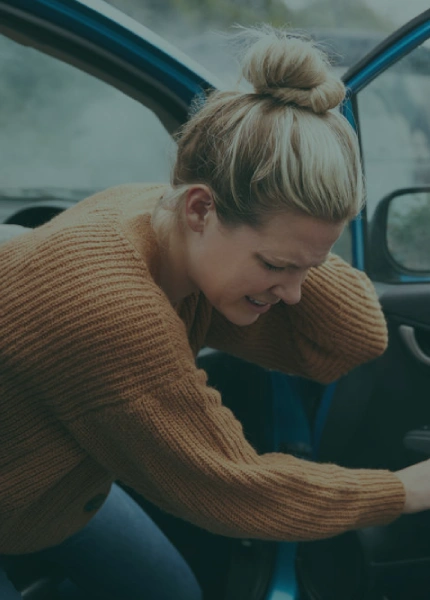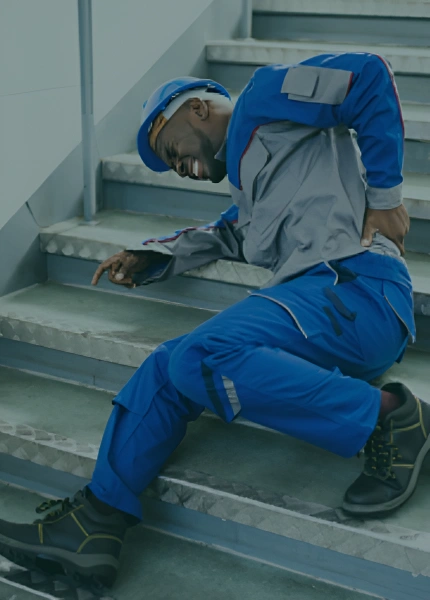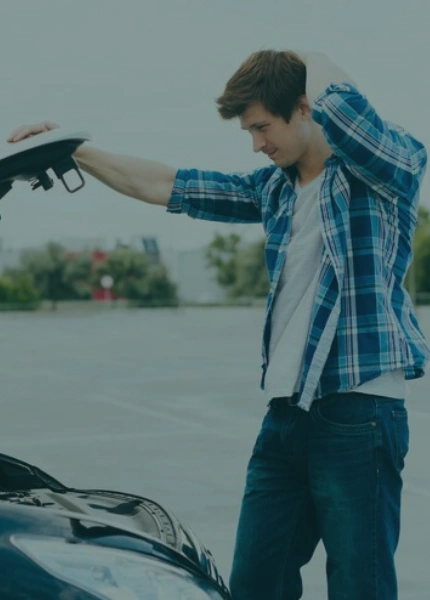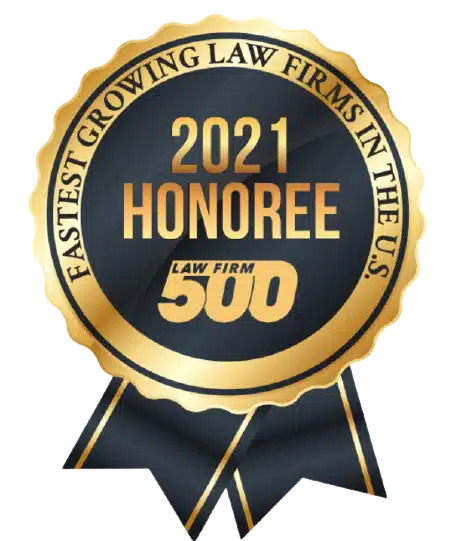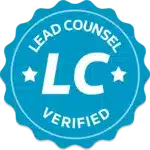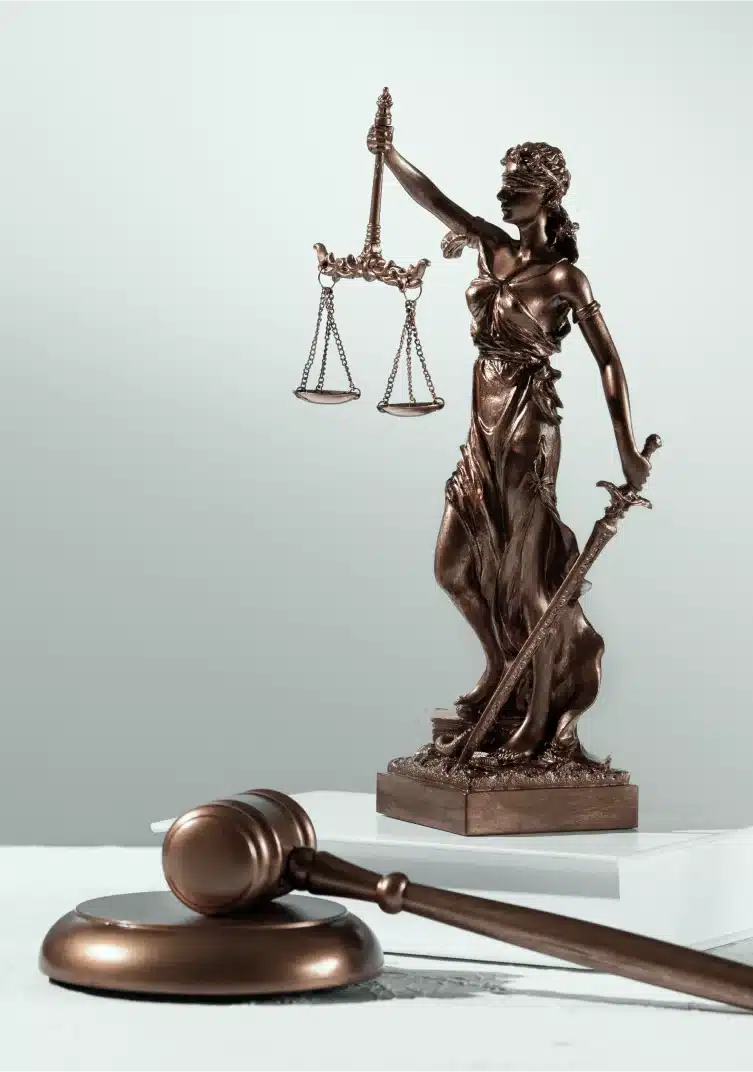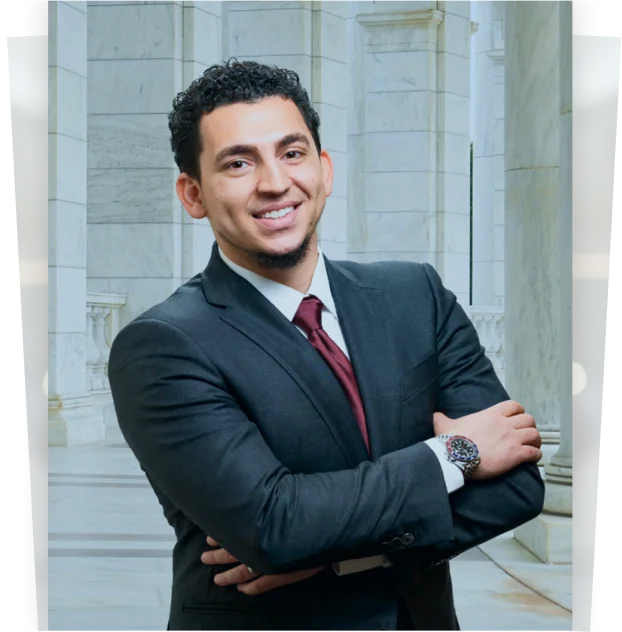A personal injury can happen in almost any situation. However, here are some types of cases we often see in our practice:
Car Accidents
When we say car accident, we mean any type of motor vehicle crash—these may involve cars, trucks, motorcycles, buses, RVs, tractor-trailers, etc. This category also includes accidents where a car driver hits a pedestrian or bicyclist.
In most of these accidents, we will seek to recover from the at-fault driver’s auto insurance policy. However, if the driver was uninsured or their insurance policy limit is less than the number of damages you have, we may consider other options, including your own uninsured/underinsured motorist coverage (UM/UI).
In some situations, UM/UI coverage is the only option for recovering damages, so we highly recommend drivers invest in this type of policy.
Other Vehicle Collisions
Car accidents are very common because there are so many cars on the road. However, we sometimes see accidents involving boats or other watercraft, golf carts, ATVs, trains, or plane crashes.
In many of these cases, there are multiple potentially liable parties.
For instance, you might have a golf cart accident if you or another golf cart operator drove recklessly. But what if you rented the golf cart and it malfunctioned, causing you to crash?
It’s possible the business that rented you the cart failed to maintain it properly, and they might be liable. Alternatively, a company that repaired the cart could have made an error.
Another possibility is that an unexpected hazard on the golf course caused you to crash. If the golf course’s management knew or should have known about the hazard and failed to fix it or warn people away, they might be at fault.
Defective Products
When we think of defective products, we often picture situations that are annoying but not really harmful. Unfortunately, defective products can sometimes malfunction in ways that cause injuries or even death.
Drugs and medical devices make up one common category of defective product cases. Others include electronic products (especially those that heat up), vehicles and vehicle parts, toys and children’s products, and industrial equipment.
If you were injured while using a product, you know you were being careful, and you don’t understand what went wrong, then the product might have been defective. If you still have the product, please keep it in its current condition and contact a personal injury lawyer to learn more.
Premises Liability
Premises liability refers to situations where you are injured on another party’s property due to negligence. The earlier example of the hazardous golf course might result in a premises liability case, but we also see situations where people are injured in stores, parks, or other businesses open to the public, but you could also be hurt on private property, such as the home of a friend or neighbor.
When people think about premises liability, they often picture slip-and-fall accidents, which are common in this category, but you can be hurt in numerous other ways on someone else’s property. Another frequent cause is negligent security.
An organization that opens to the public has a responsibility to take reasonable steps to prevent its guests from becoming victims of a crime. These reasonable steps might include a well-lit parking lot, conspicuous video surveillance, a security system and silent alarm for robberies, and, in some cases, an appropriate number of security guards.
If you were injured on another party’s property due to criminal activity, the property owner may have been negligent. While many people want to sue the perpetrator, this isn’t always a good option—criminals don’t carry liability insurance, and if they don’t have any assets, we may be unable to collect your damages.
Additionally, some crimes are never solved.
However, the property owner can be easily identified and is likely to have liability insurance. If we find evidence that they did not take reasonable precautions to keep guests safe, we can file a claim to recover compensation for your injuries.
Workplace Injuries
In 2021, there were more than 2.6 million nonfatal workplace illnesses and injuries and 5,190 fatal workplace injuries/illnesses. In theory, most of these incidents should be covered by Worker’s Compensation, a no-fault system for helping employees get medical care and recover some of their lost income after a work injury.
Unfortunately, the fact that it’s a no-fault system doesn’t guarantee that every claim will be approved. Many workers still struggle with claim denials, and a personal injury lawyer can assist you in fighting for your right to Worker’s Compensation.
If you are having a hard time accessing the Worker’s Comp benefits you deserve, please contact us right away.
Worker’s Compensation is meant to help employers and employees avoid lengthy and expensive lawsuits, so in most cases, it prevents workers from suing their employer. However, you can still sue a third party if their negligence caused your workplace injury.
For example, if your boss asked you to drive to a client’s office for a meeting, and you were hit by a drunk driver on your way, you might be able to sue the drunk driver while also pursuing Worker’s Compensation.



